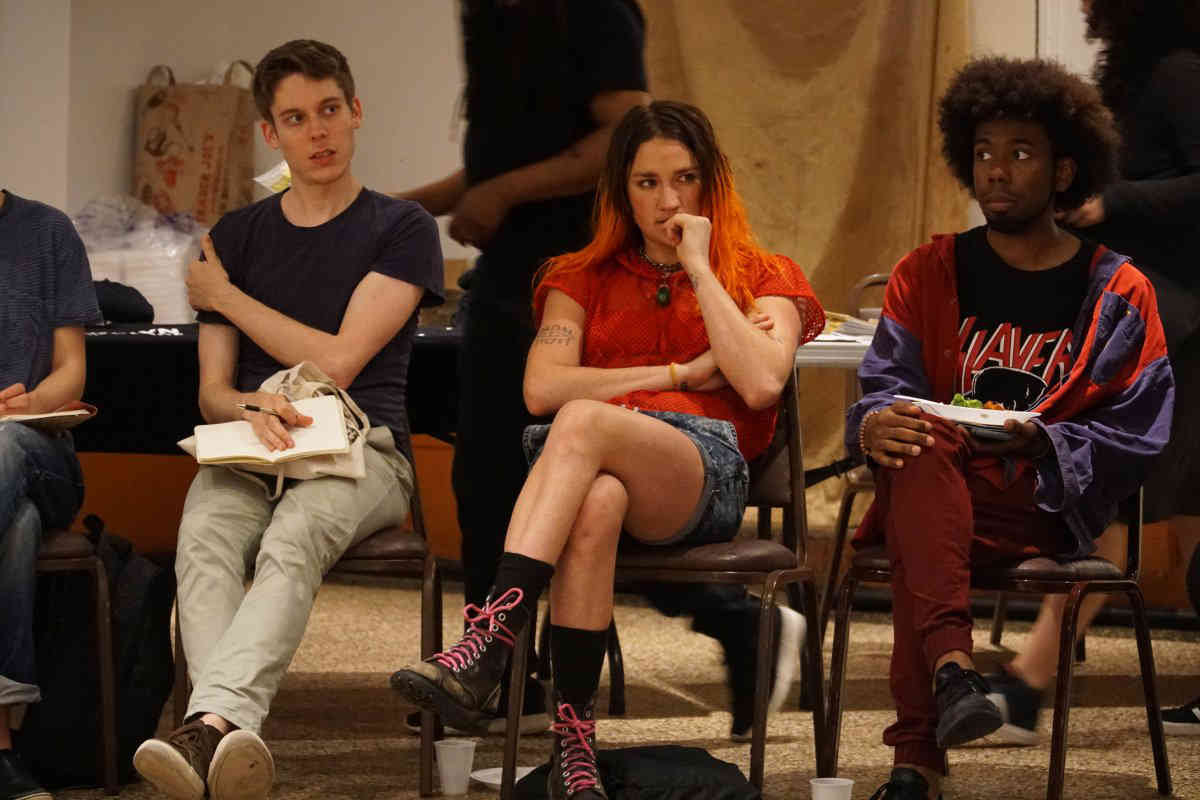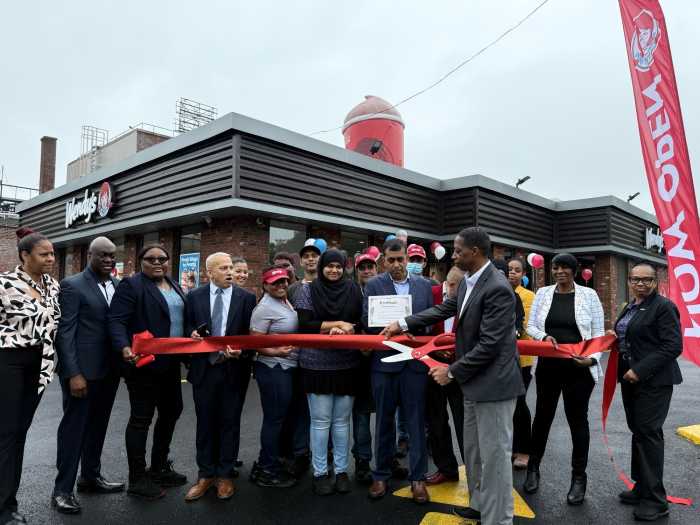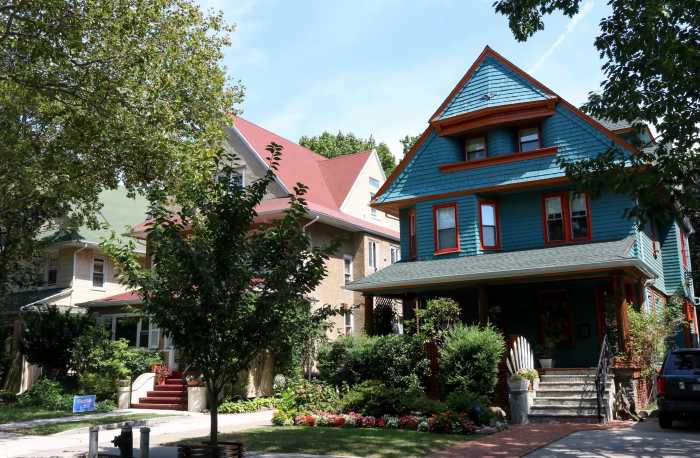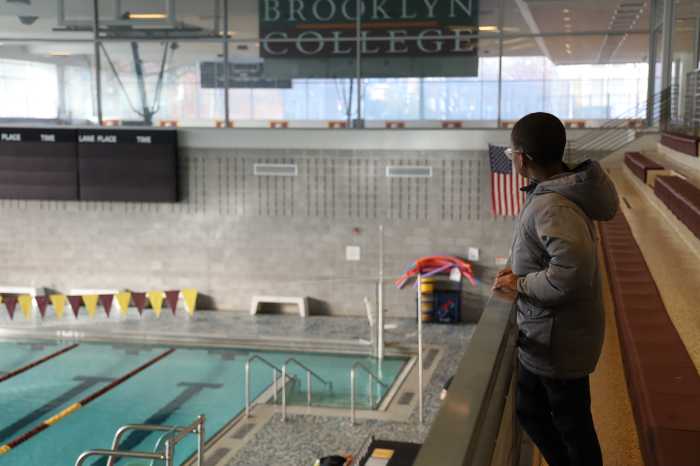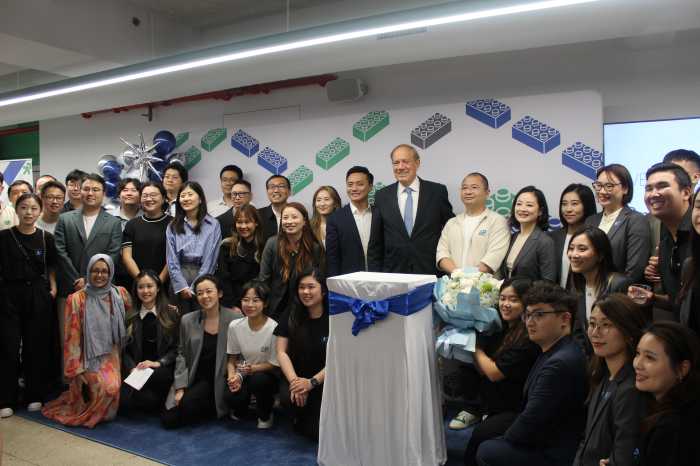Not making that call could save a life!
Newcomers gentrifying Brooklyn’s mostly black and hispanic neighbrohoods are risking the lives of long-time residents every time they call 911 for incidents involving black people, anti-police-brutality advocates told a group of a few dozen mostly young, white residents Wednesday night.
Imani Henry, head of Equality for Flatbush, which bills itself as “fighting police brutality and gentrification,” blamed the latter for rising rates of 911 calls by nervous newcomers who call the cops at the site of a black person.
“In 2016 there was a statistic around Oakland. There have been over 800 calls in one month of literally black people washing their cars, or black people walking down the block,” he claimed, citing West Coast statistics on calls to the emergency number, along with the 311 complaint line.
And those calls can lead to a black person’s death, Henry told the crowd seated in a circle inside the Mount Zion Church of God on E. 37th Street between Linden Boulevard and Church Avenue.
A case in point was the killing of Crown Heights resident Saheed Vassell, who police shot and killed when responding to emergency reports of a gun-toting man threatening pedestrians in April. Vassell, it turned out, was a well liked and known mentally ill man wielding a pipe as if it were a pistol in a game that turned deadly due to a lack of training among police in mental health issues, Henry told the crowd.
Logs of calls to the city’s 911 system are not available to the public without first filing a freedom of information request, according to Det. Denise Moroney at the NYPD’s Office of the Deputy Commissioner of Public Information. But calls to 311 in gentrifying Crown Heights and Prospect Lefferts Gardens have gone from 11,515 in 2010 to 37,039 in 2017. In Flatbush, calls rose from 18,480 in 2010 to a high of 83,398 in 2014 before dropping to 52,021 in 2017.
Henry kicked off the meeting by detailing what he called the oppressive roots of police culture in America, which he said could be traced back to groups of men charged with recapturing fugitive slaves.
“This armed body of men have always been about oppression,” Henry said. “There’s a clear understanding that for people, particularly people of color, systems like 911, systems like the police, were not really created for us.”
In lieu of phoning police, Henry and other members of Equality for Flatbush urged the crowd to consider alternatives, like contacting a mental health or medical care worker at Thrive NYC at (888) 692–9355 to assess if an emergency response is necessary. Such a call could result in a trained mental health counselor intervening instead of police.
If police are definitely required, 911 callers can also contact a Cop Watch team, community members trained to monitor police as a way of ensuring good conduct.
The Equality for Flatbush team also urged its audience to integrate themselves into the community, and rely more on their neighbors in emergency situations and less on police.
Caucasian members of the audience at Mount Zion were keenly aware of their whiteness according to one Flatbush newcomer who said she is concerned about the effect her settling in the black community would have.
“I’m afraid of how my presence and how more and more white people would affect the culture and the community,” said Sarah Schluep, who moved to Flatbush in March from Queens.
Schluep said her big take away from the meeting was the importance of getting to know other people in her building and local community, saying she’ll be less afraid to knock on her neighbors door in the future.
“It’s the importance of building community, that I know,” said Schleup. “I think relationships between people are what we’re here to do. To love is what we’re here to do.”


